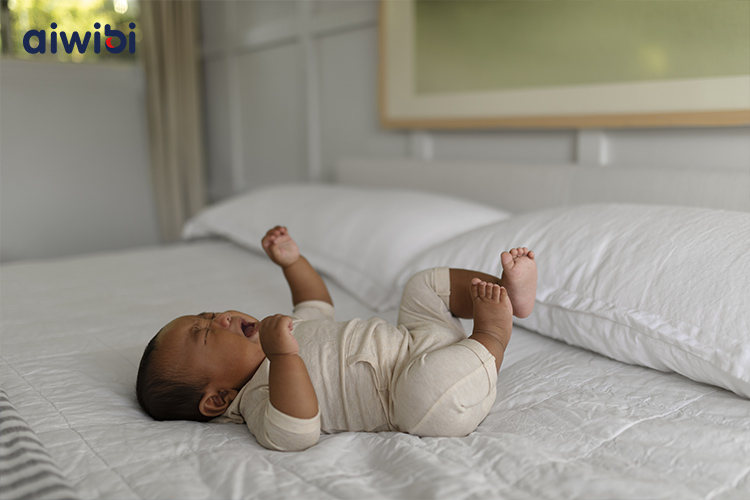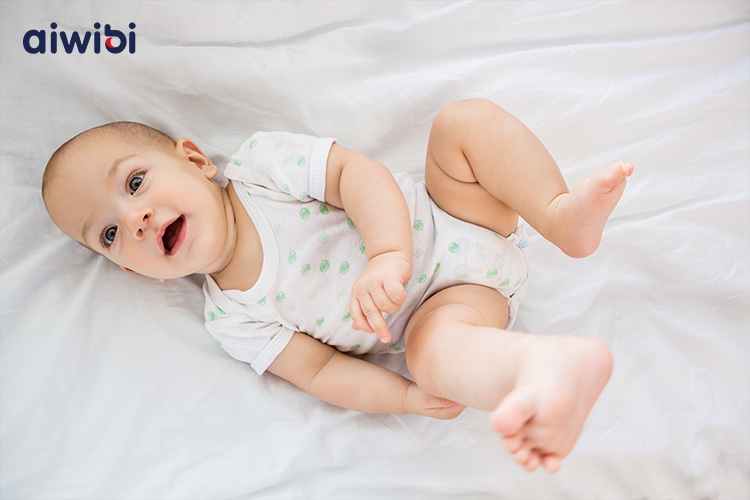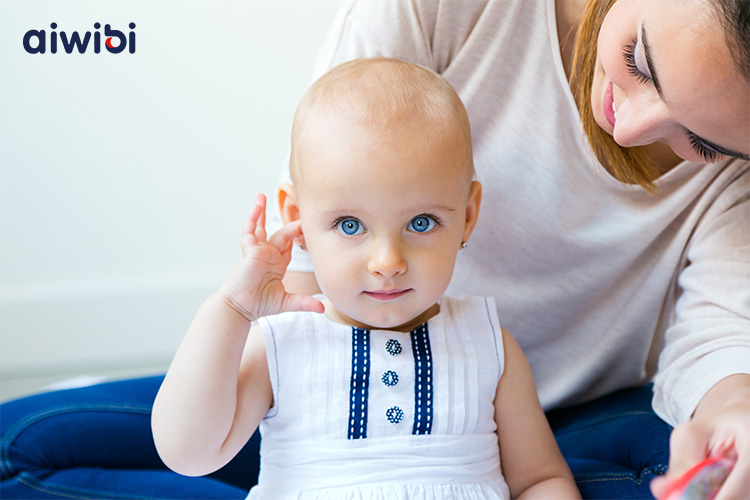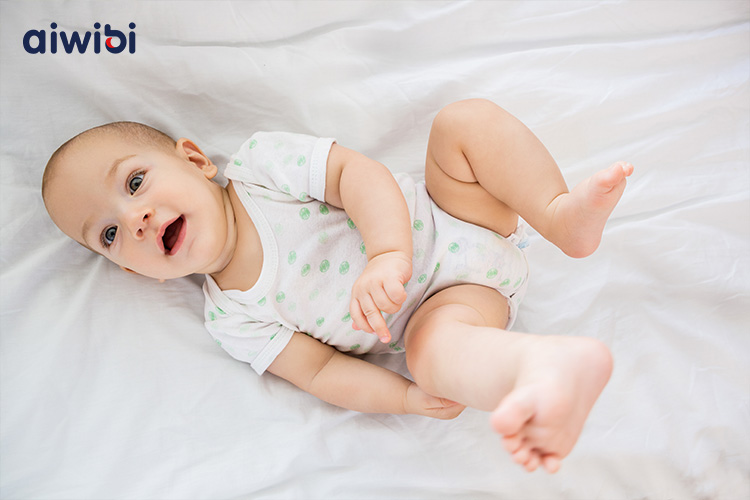Understanding baby body cues and their meaning is essential since babies tend to speak through gestures and body language for some time. This is because verbal communication starts later in life; until then, you need to be aware of their actions and interpret them. Fortunately, this is not a language that needs certification, it is simple, and you need to spend a little of your time.

一.Why Is It Important To Respond To Baby Cues?
Babies have a little understanding of their surroundings and are dependent on their caretakers. They don’t speak verbally until the age of 12 months. But this doesn’t mean they don’t have things to say. They convey vital information regarding their body activities and emotions through their body language.
Your response to their cues ensures them that their emotions are acknowledged. Response to your baby’s cues imbibes a sense of trust, thereby creating a strong foundation for your relationship with them. Teaches them to perform the right action when they face the same problem again. Also help moms and dads discover several nuances of communication and improve their overall.

二.Various Body Language Cues In Babies
1. Arching back
Babies arching their back could indicate satiety, heartburn, colici, or gastrointestinal reflux. A baby’s stomach sphinctersi are still developing, making acid refluxi common among them. Babies tend to arch their backs in an attempt to stretch their stomachs and to avoid further discomfort. If you observe this posture during feeding, pause, and comfort them for a while. You can attempt to distract them and rub their backs for a while. If the discomfort persists, consult a pediatrician.

2. Ear-grabbing
It is usually a reaction to their discovery of the ear. However, ear-grabbing with fever or cold could be due to an ear infection.Check for other signs, such as a stuffy nose or troubled sleeping, and consult a pediatrician. If teethingi is the cause, provide them with teething toys for comfort.

3. Head-banging
A few babies rock their heads in a rhythmic back-and-forth movement, also termed as head-banging. It is a self-soothing technique that is mostly observed before their nap or bedtime. Although this habit wears-out on its own by the age of three years, your baby may hurt their head if they hit a hard surface .
Observe the time they bang their head. If it happens close to their nap time, it could just be a self-comforting technique. You can prevent any injuries by padding the cradle walls. If it happens during other times, or your baby continues head-banging after the age of three years, consult a pediatrician.

4. Constant kicking
Happy and content babies kick a lot. These kicks help develop leg muscles and are a prerequisite to rolling. But if your baby is grumpy while kicking their feet, it could be an indication of discomfort. Your baby could be trying to imply a dirty diaper or a bloated stomach.
If your baby is kicking in the air due to a bloated stomach, help them burp out. You can also check the mother’s diet for foods that may trigger gassiness in a breastfeeding infant.